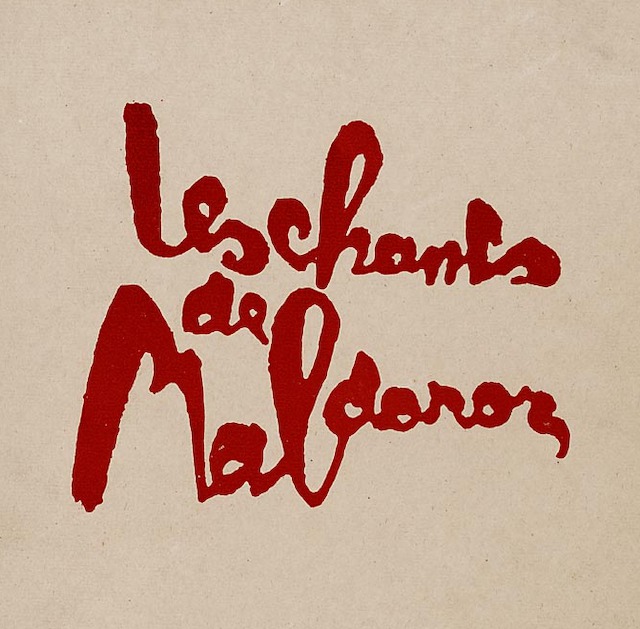Lit Oblivion: The Cruel Songs Of Comte De Lautréamont’s Les Chants De Maldoror
Comte De Lautréamont’s Les Chants De Maldoror


Frans De Geetere

Latest Article|September 3, 2020|Free
::Making Grown Men Cry Since 1992


Frans De Geetere


